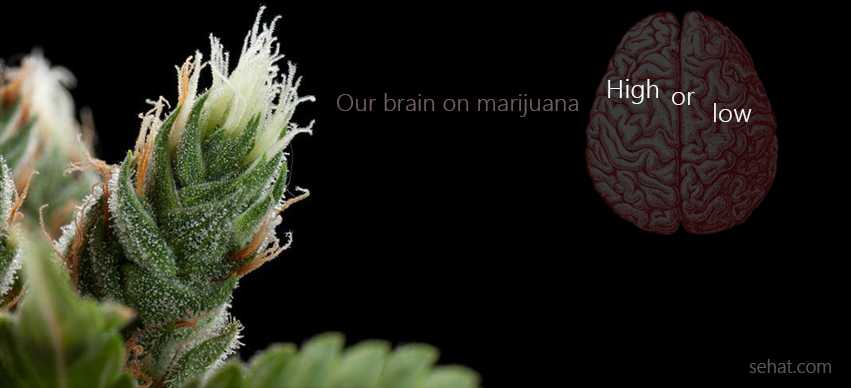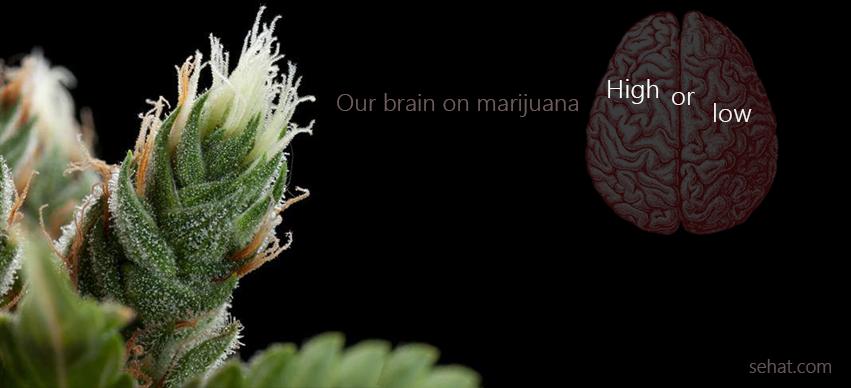How Communities Are Changing the Way We Think About Aging in..
8 Min Read


All over the world, one of the most commonly abused drugs is marijuana. Derived from the hemp plant cannabis sativa, this psychoactive compound is said to relax the brain and the body, increase appetite and give a ‘high’. Many countries have a religious significance to marijuana and people see no harm in inhaling the drug or consuming the leaves. The Atharvana Veda claims that cannabis leaves top the list of the five most sacred plants and that it unites us to God when consumed regularly. From the time human race has evolved, India, Nepal, some parts of Africa, Israel, China and a few parts of Europe have been using the leaves to treat rheumatism, nervous disorders and to relieve muscle spasms in women during childbirth and menstruation.
These days, medical marijuana is used extensively to treat people with brain disorders, stress and depression. It is interesting to know that this drug reduces nausea and sickness in cancer patients undergoing chemotherapy and also improve the overall appetite of people affected with the deadly HIV. Short term use of marijuana is definitely helpful to people but the long term affects can be devastating. More than being used medically, teenagers and young adults are falling prey to this drug and are losing lives rapidly. Instant death is rare but cannabis leaves kill brain cells and reduce IQ in people. Let’s go deeper into how marijuana effects on the brain in the name of giving you a high.
Marijuana contains a thousand unique chemicals that have deep impact on our bodies. But two major chemical compounds that send your brain into a tizzy are Cannabidiol (CBD) and Tetrahydrocannabinol (THC). The reasons why these two compounds give you a high is unknown but apart from mood heightening they also cause temporary memory impairment, drowsiness, anxiety, lack of concentration, panic or paranoia, dry mouth, increased appetite and eye redness. When marijuana is consumed, three main parts of the brain are hit badly. The hippocampus, cerebellum and the basal ganglia suffer like no other body part.
The area responsible for short term memory is hit. THC binds with the cannabinoid receptors and it interferes with the hippocampus activity. Recollection of recent events, forgetting people around you and not knowing who you are a few side effects.
This part of the brain coordinates all voluntary movements. Speech, body balance and muscular activity are affected by THC. This is the sole reason why people under marijuana influence cannot walk or talk properly.
All unconscious muscle actions, cognition, emotion, learning, habits or normal behaviour is controlled by the basal ganglia. Such co-ordination takes a beating when marijuana hits the brain.
When the actions of these three important parts of the brain are inhibited by marijuana, the person starts losing his IQ, develops negative emotions, and forgets all events and details belonging to him or his family and overall cognition. Researches revealed that youngsters who abuse marijuana all through their young age suffer from impaired IQ and memory loss by the time they hit their middle age. By then, much damage would have been done and there’s no room for repair. Real danger comes when cannabis intake is clubbed with alcohol or smoking. All three together open gates to death.